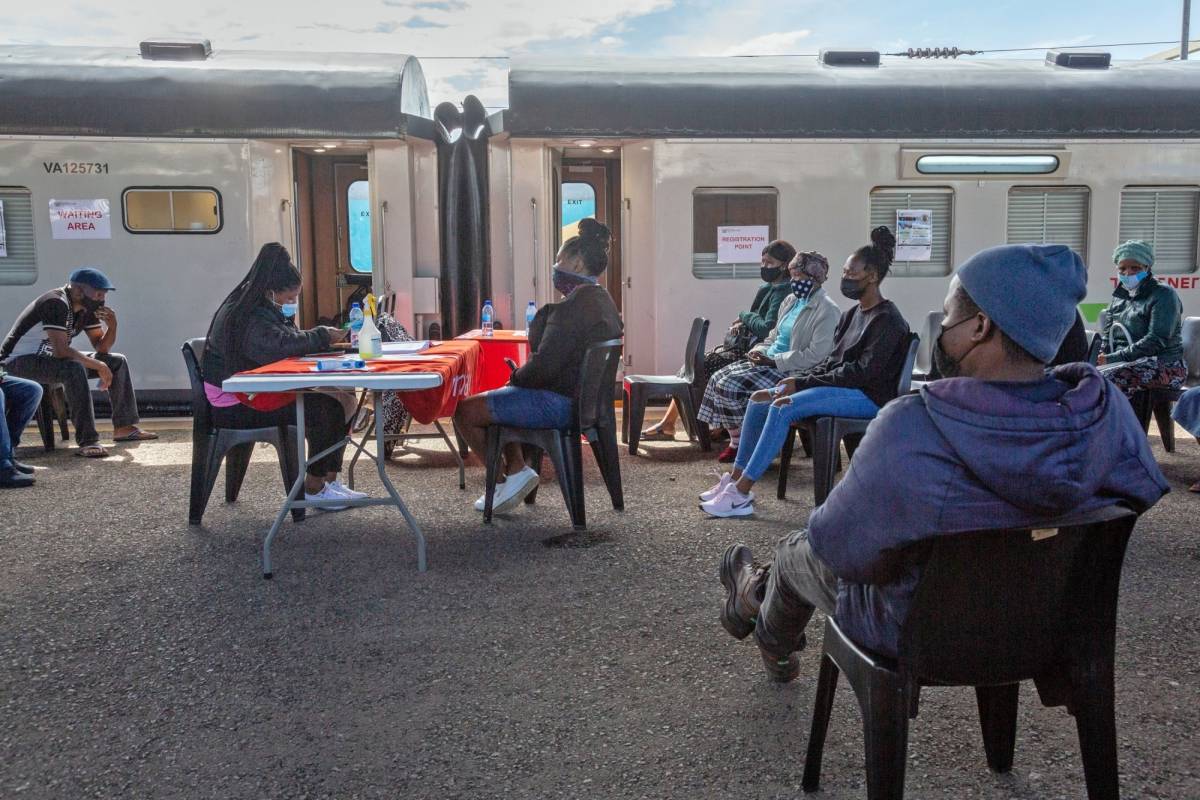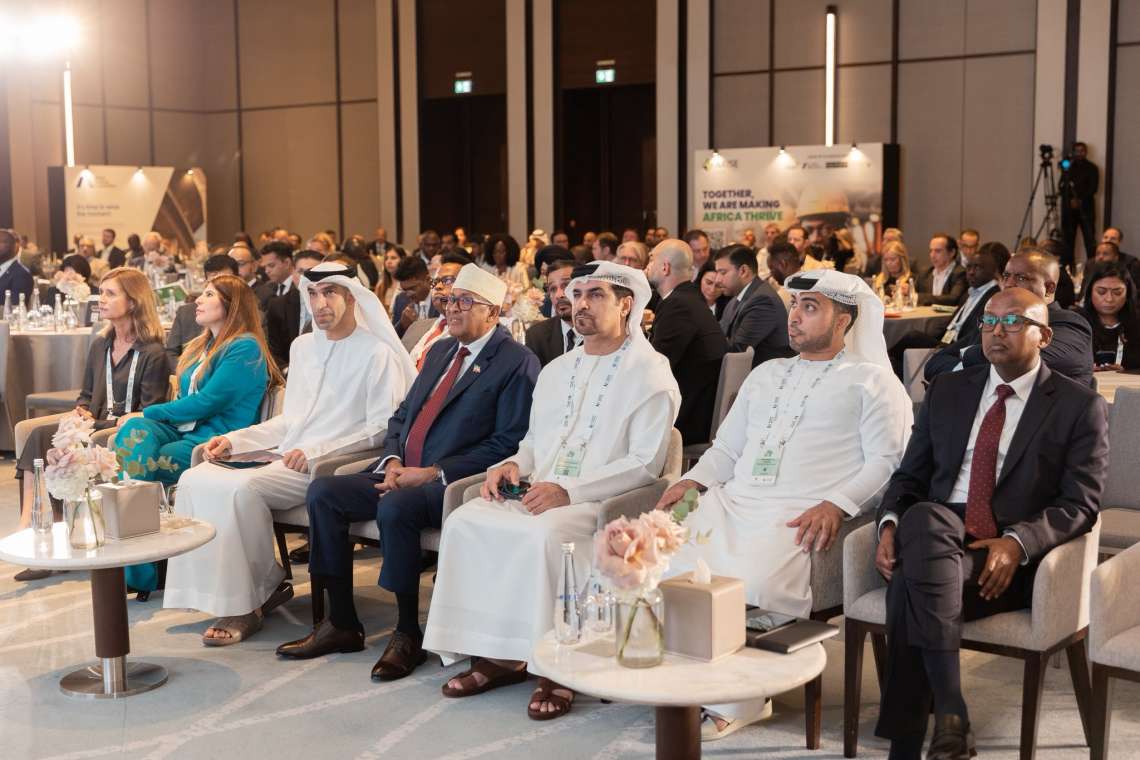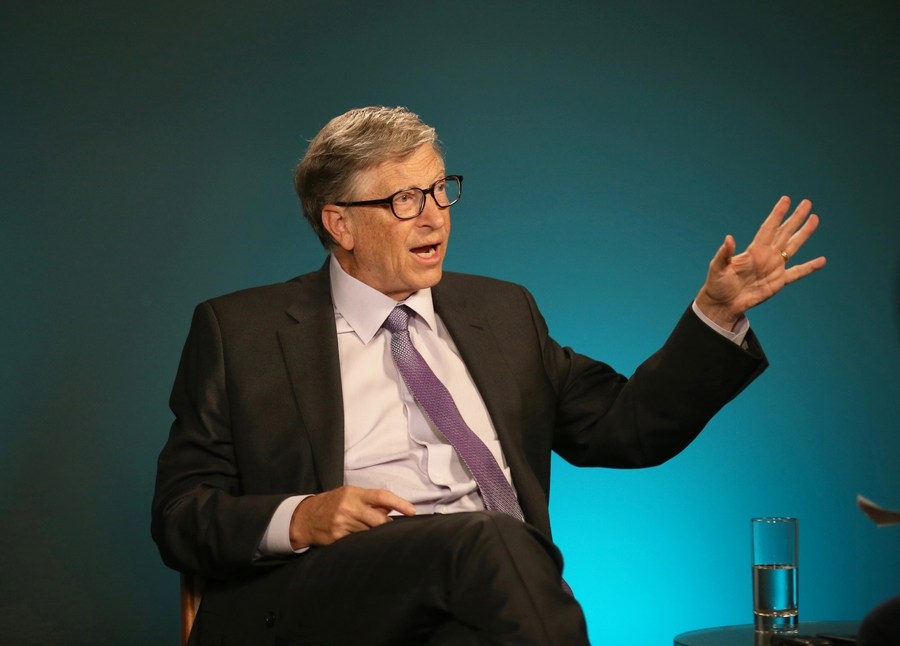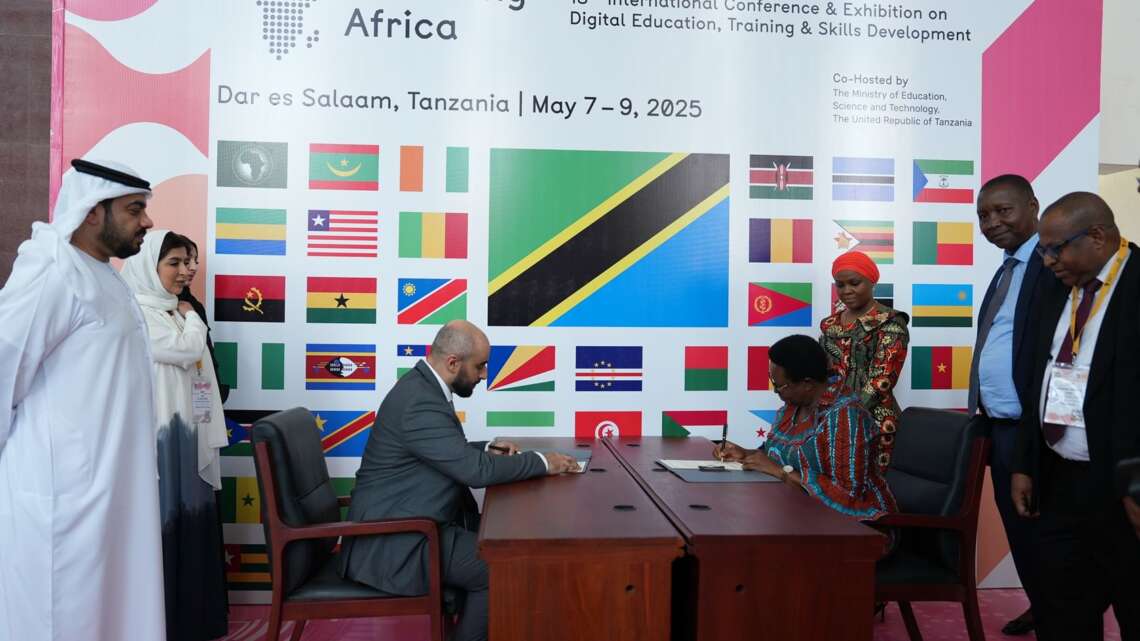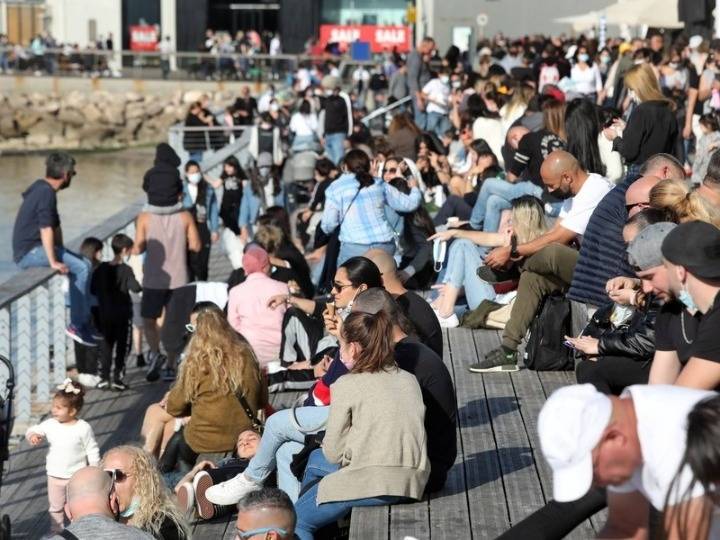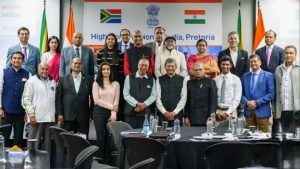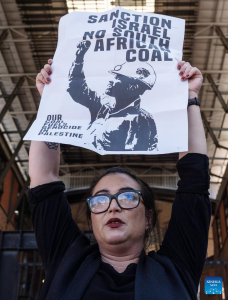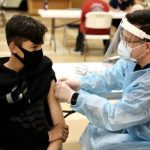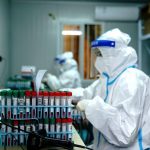South African President Cyril Ramaphosa has announced the easing of some lockdown regulations in light of decreasing Covid cases in recent days…reports Asian Lite News
He said on Tuesday night that the Cabinet decided to ease a few restrictions as part of adjusted alert level one based on consultations and recommendations from the National Coronavirus Command Council.
According to the president, gathering restrictions are significantly changed as venues are allowed to accommodate up to 50 per cent of their capacity, as long as proof of vaccination is shown or an updated Covid test is conducted within 72 hours, Xinhua news agency reported.
This change in the restrictions on gatherings will be of great benefit to the sports, culture and entertainment industries in particular.
“The maximum number of people permitted at a funeral will increase from 100 to 200. As before, night vigils, after-funeral gatherings, and ‘after-tears’ gatherings are not allowed,” Ramaphosa said.
He added that people still need to wear masks when in shops, malls, offices, factories, taxes, buses, trains or any other indoor public space.
International travelers will be required to show proof of vaccination or a negative PCR test within 72 hours before entering South Africa.
“We intend to lift the National State of Disaster as soon as a public comment on the health regulations published by the minister of health has been completed,” he said.
Health regulations intended to replace the National State of Disaster have been released for public comment. The public can comment on the proposed health regulations until April 16.
ALSO READ: Africa’s Covid-19 cases near 11.3 million
“These regulations, when finalised, will replace the State of Disaster as the legal instrument that we would use to manage the pandemic,” he said, “The end of the National State of Disaster will not mean the end of the pandemic. It just means that we are changing the way we are managing the pandemic.”
The president said some 60 per cent to 80 per cent of the population has some form of immunity to the virus, either from previous infection or vaccination, and the most important defence against the disease is vaccination.
In South Africa, there have been more than 3.7 million cases of Covid and nearly 100,000 deaths related to the pandemic over the last two years.

